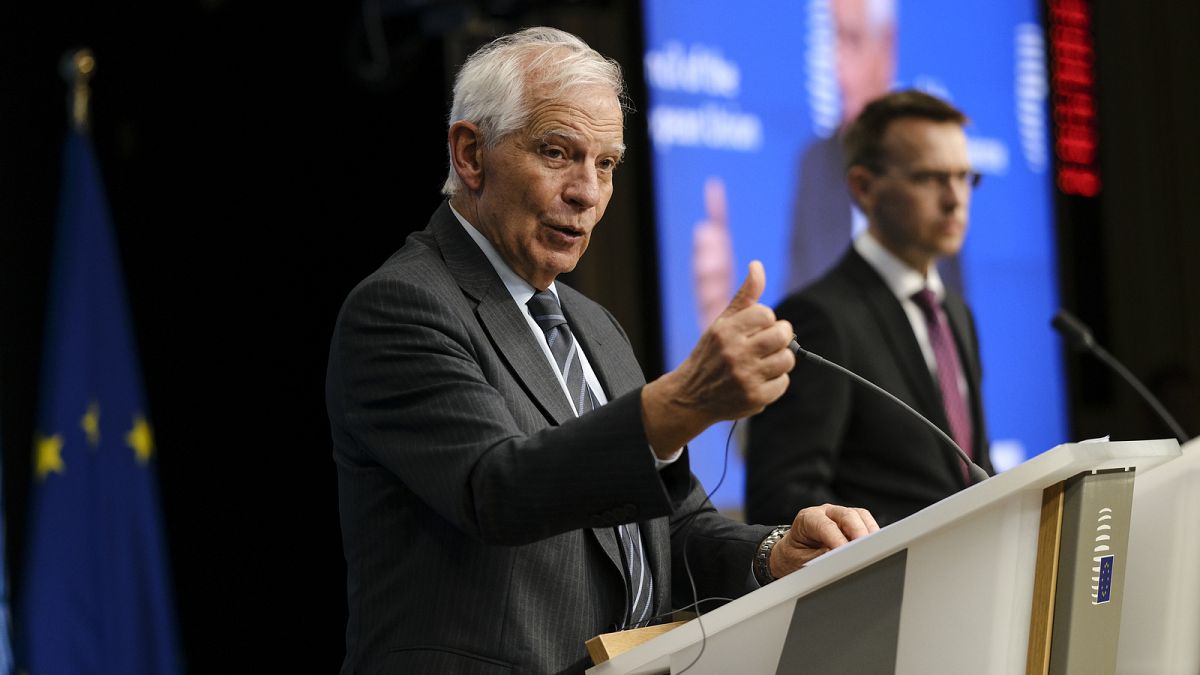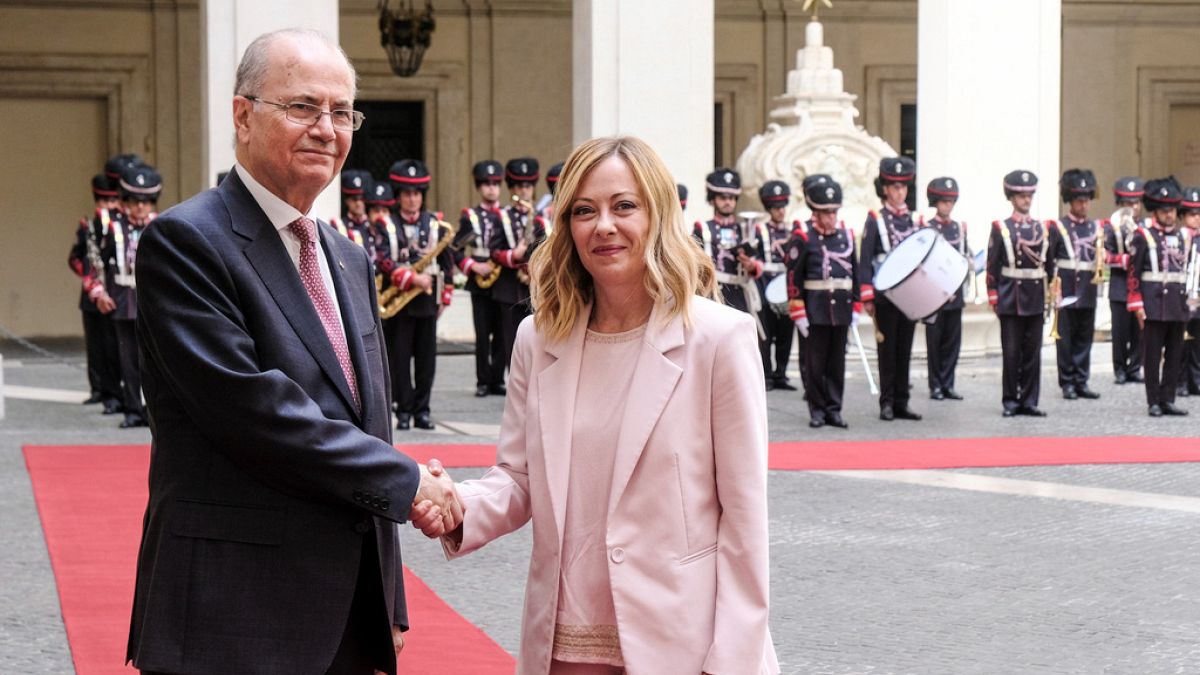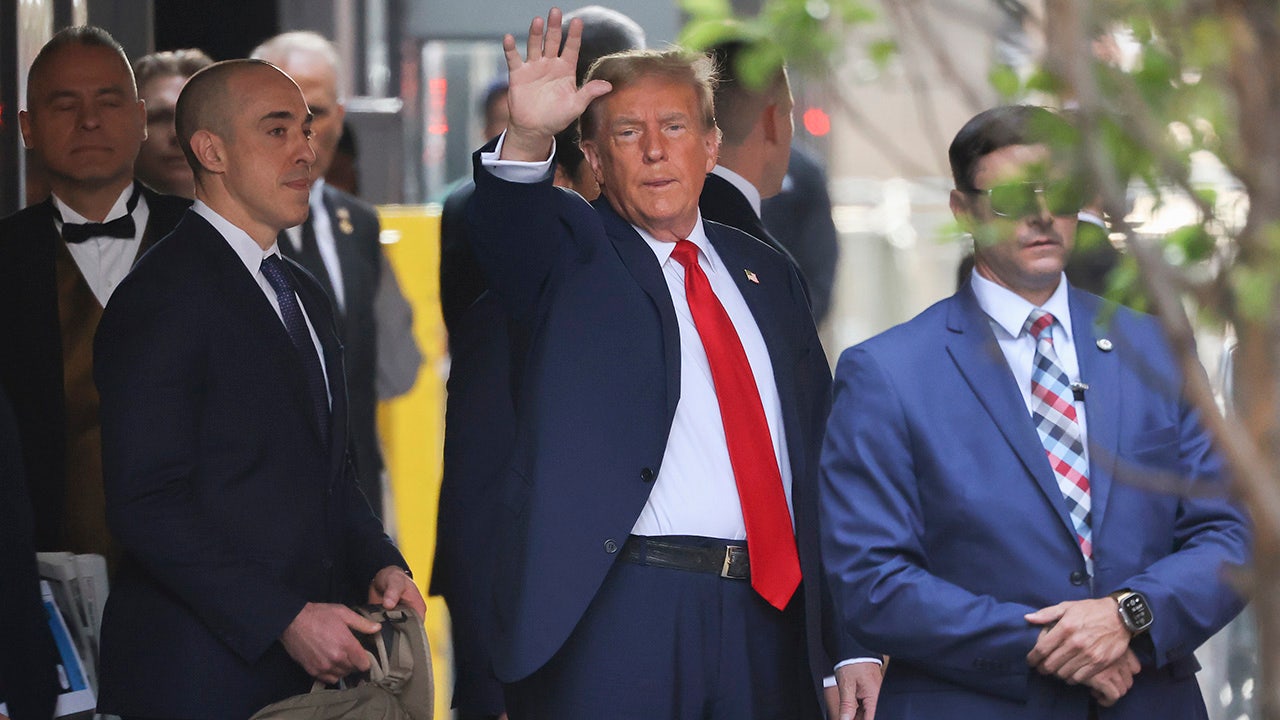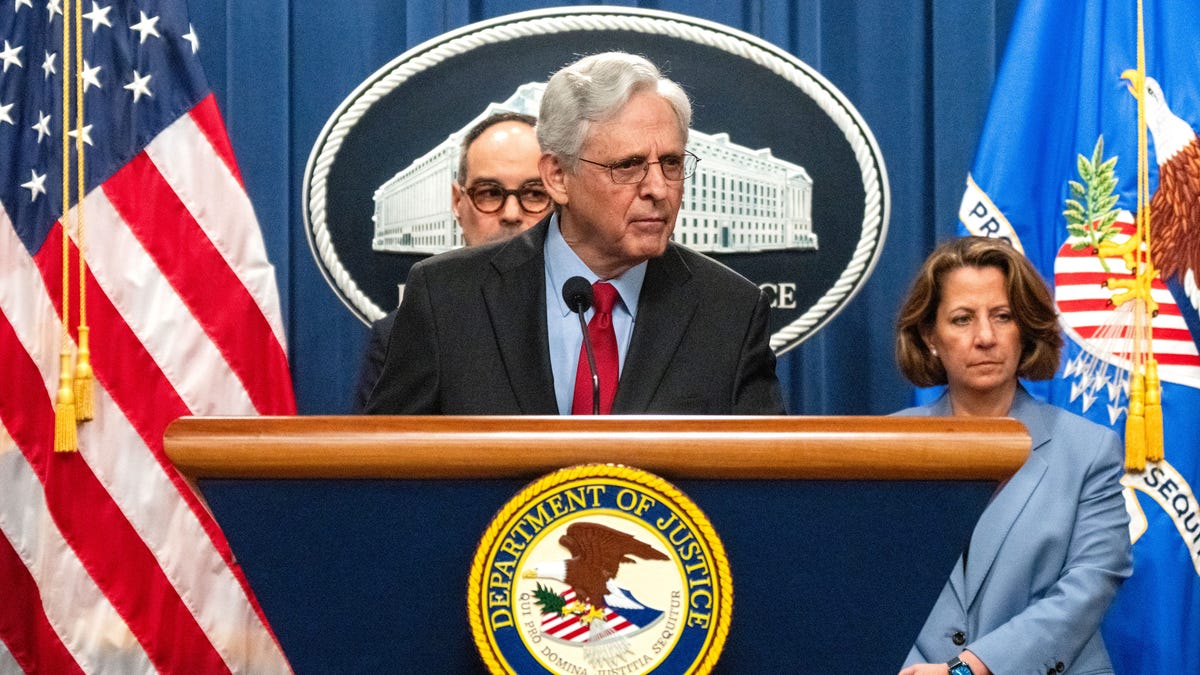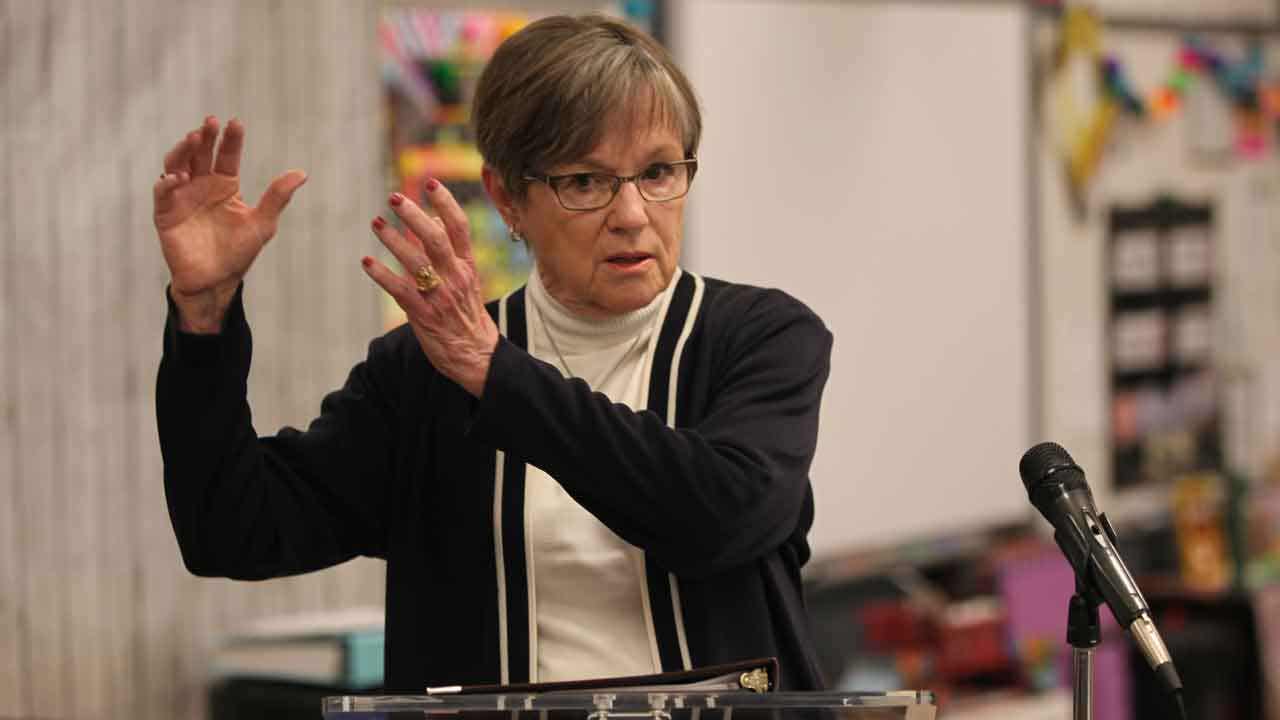World
‘Double standards’ undermine EU legitimacy in Global South: HRW chief
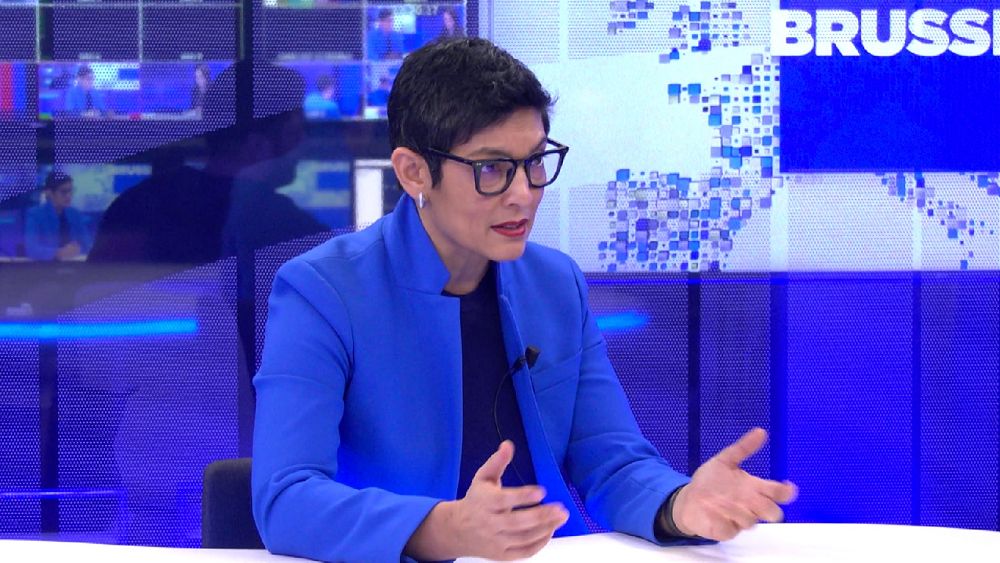
The European Union’s “double standards” on human rights could erode the bloc’s legitimacy in the Global South, the executive director of Human Rights Watch, Tirana Hassan, told Euronews.
“The EU risks developing a reputation where it says one set of rights applies to a certain group of people – people close to Europe – and another set of rights applies to people outside,” Tirana Hassan said in an interview on Wednesday.
“That will undermine European leaders and the EU’s legitimacy in the eyes of many countries in the Global South,” she added.
Reflecting on the Israel-Hamas war, the chief of the New York-based international watchdog called out inconsistencies between the EU’s response to Russia’s invasion of Ukraine, and its reaction to other global humanitarian crises.
“The EU institutions rallied behind the Ukrainian people. We saw the entire arsenal of tools to protect human rights being mobilised, including allowing refugees into Europe,” she explained, adding that we haven’t seen the same “consistent and unanimous response to other crises and conflicts in the world.”
Hassan welcomed the EU’s condemnation of the “atrocious crimes” committed by Hamas against Israeli citizens, but said that the “same level of condemnation” has not been expressed in response to indiscriminate bombing and killing of civilians in Gaza.
It was also “disappointing”, she said, that calls for the respect of humanitarian law were absent when the conflict started.
“It is the expectation of EU leaders that they would call on all warring parties to abide by international law,” she added.
EU leaders need to get “explicit” on aid
Speaking a day before EU leaders are expected to call for a temporary pause to fighting to enable the delivery of humanitarian aid in a Brussels summit, Hassan said leaders must ensure they are “explicit on what is meaningful humanitarian assistance.”
Divisions emerged between EU foreign ministers earlier this week on whether to call for a full humanitarian ceasefire or simply a “pause” to ensure lifesaving aid can reach Gaza, with top diplomat Josep Borrell saying the latter would be less ambitious.
Ahead of Thursday’s summit, EU diplomats have been splitting hairs over the wording of the joint statement. Diplomatic sources told Euronews that Germany, the Czech Republic and Austria want to avoid calling for a humanitarian ceasefire for fear it would dilute the EU’s proclamation of Israel’s right to self-defence, while leaders such as Spain’s Pedro Sánchez have openly called for a humanitarian ceasefire.
But Hassan says that – ceasefire or not – the aid reaching civilians in Gaza is not sufficient to address their basic needs.
“The humanitarian needs will not be met by truckloads of water and cartons of medicines,” she said. “There needs to be a meaningful, full, free flow of humanitarian assistance into Gaza, not only from the Egyptian crossing, but also from the Israeli side.”
“This is the first time that we have seen the Israeli crossings actually closed to allow humanitarian assistance in. We haven’t seen this in other conflicts.”
European leaders need to call on Israel to “turn on the water”, she added, saying fuel is also key to saving lives as it keeps hospitals running, including incubators needed to keep newborn babies alive.
She also warned against a potential public health crisis sparked by the “dangerous trifecta of no electricity, raw sewage and no clean drinking water.”
‘Structural repression’ needs to be understood
Human Rights Watch has been documenting structural repression in Palestine for the past two years, and found in a 2021 report that some of the deprivations suffered by Palestinians under occupation “amount to the crimes against humanity of apartheid and persecution.”
Hassan told Euronews this backdrop of “structural repression” needs to be understood when negotiating a path towards peace.
“It is going to be fundamental for European leaders to acknowledge and understand the history of repression that has taken place prior to this last horrific bout of violence so that when we move forward from this and look for peace and solutions, we ensure that we’re acknowledging the basis and the underlying issues,” she said.
She hopes that European leaders can demonstrate their commitment to international law by ensuring there is “accountability” for all atrocities and war crimes committed in the region.
“The International Criminal Court, for example, has jurisdiction over Palestine and even the crimes that have been committed inside Israel,” she said.
“It is incredibly important that European leaders actually fund the International Criminal Court and encourage the Israeli authorities to allow the Court to undertake investigations into what has happened. If this what happens in the future,” she added.
“Accountability for all the crimes committed will play an incredibly important role in where we go after this conflict is over.”

World
Viggo Mortensen Asked Peter Jackson if He Could Use Aragorn’s Sword in a New Movie, Says He’d Star in New ‘Lord of the Rings’ Movie Only ‘If I Was Right for the Character’

Viggo Mortensen revealed in an interview with GQ UK magazine that he used Aragorn’s iconic sword Andúril from “Lord of the Rings” in his latest movie, “The Dead Don’t Hurt.” Mortensen wrote and directed the 19th century Western, in which he stars as a Danish immigrant separated from his love (Vicky Krieps) during the Civil War.
For one fantasy sequence in the film, Mortensen asked his “Lord of the Rings” director Peter Jackson if he had his permission to use Aragorn’s sword again on screen. Mortensen played the character in Jackson’s original “Rings” trilogy and kept the sword after production wrapped.
“We had everything for this sequence with a knight. We had found this great, spirited horse, the right kind of saddle, and we made a medieval kind of blanket, and we had the costume for the knight,” Mortensen explained. “Everything was right, and then I said, well, we should have a sword. And I did look and there were some good ones and I thought, well, it might be kind of good to use [Aragorn’s sword] that I had because it’s really good. But I knew I would have to ask permission because I’m sure somebody would notice it, even if you only see it for a few seconds, it’s not really essential to the scene and certainly not to the movie, it’s just something in passing that you either see or you don’t.”
“I did ask Peter Jackson if he’d be all right with it, and he said, ‘Well, is it very important in the story?’ I said, no, it’s not, actually,” Mortensen continued. “You hardly notice it, but somebody will, probably. He said it was okay with him but that I should ask the movie company. So I contacted them and they were fine with it. They realized it wasn’t essential, it wasn’t going to draw a lot of attention to itself. And they were very nice about it, and they gave us permission. That’s why we did it, just because it seemed right. It was kind of a last-minute accident.”
Jackson is returning to Middle-Earth as the producer of a new “Lord of the Rings” movie that is going to be directed by Gollum actor Andy Serkis. The movie, “The Lord of the Rings: The Hunt for Gollum,” is being eyed for a 2026 theatrical release. Would Mortensen return as Aragorn? He doesn’t seem opposed, but the story would have to make sense.
“I don’t know exactly what the story is, I haven’t heard,” he said. “Maybe I’ll hear about it eventually. I like playing that character. I learned a lot playing the character. I enjoyed it a lot. I would only do it if I was right for it in terms of, you know, the age I am now and so forth. I would only do it if I was right for the character. It would be silly to do it otherwise.”
“The Dead Don’t Hurt” premiered at the Toronto International Film Festival last year. The film is opening in theaters May 31. Head over to GQ UK’s website to read Mortensen’s interview in its entirety.
World
Nigeria's new anthem, written by a Briton, sparks criticism after a contentious law is passed

Nigeria adopted a new national anthem on Wednesday after lawmakers passed a law that replaced the current one with a version dropped nearly a half-century ago, sparking widespread criticism about how the law was hastily passed without much public input.
President Bola Tinubu’s assent to the law comes a day after it was approved by both chambers of Nigeria’s National Assembly, which is dominated by the governing party. The federal lawmakers introduced and passed the bill in less than a week, an unusually fast process for important bills that usually take weeks or months to be considered.
MEGHAN MARKLE STIRS CONTROVERSY DURING NIGERIA TRIP BY WEARING DRESS CALLED ‘WINDSOR’
The “Arise, O Compatriots” anthem being replaced had been in use since 1978, when it was introduced by the military government. The anthem was composed at a time when the country was reeling from a deadly civil war and calls on Nigerians to “serve our fatherland with love and strength” and not to let “the labor of our heroes past (to be) in vain.”
Nigeria’s new President Bola Ahmed Tinubu, inspects honor guards after taking an oath of office at a ceremony in Abuja, Nigeria, on May 29, 2023. Nigeria adopted a new national anthem on Wednesday, May 29, 2024, after lawmakers passed a law that replaced the current one with a version dropped nearly 50 years ago, sparking widespread criticism about how the law was hastily passed without much public input. (AP Photo/Olamikan Gbemiga)
The new version that takes immediate effect was first introduced in 1960 when Nigeria gained independence from Britain before it was dropped by the military. Titled “Nigeria We Hail Thee,” it was written by Lillian Jean Williams, a British expatriate who was living in Nigeria at the time.
The new anthem was played publicly for the first time at a legislative session attended by Tinubu, who marked his one year in office as president on Wednesday.
Many Nigerians, however, took to social media to say they won’t be singing the new national anthem, among them Oby Ezekwesili, a former education minister and presidential aspirant who said that the new law shows that the country’s political class doesn’t care about the public interest.
“In a 21st Century Nigeria, the country’s political class found a colonial National Anthem that has pejorative words like “Native Land” and “Tribes” to be admirable enough to foist on our Citizens without their consent,” Ezekwesili posted on X.
Supporters of the new anthem, however, argued it was wrong for the country to have adopted an anthem introduced by the military.
“Anthems are ideological recitations that help the people to be more focused. It was a very sad development for the military to have changed the anthem,” public affairs analyst Frank Tietie said.
World
Could a left-nationalist party emerge in the next EU parliament?

Radio Schuman is your new go-to podcast to spice up your weekday mornings with relevant news, insights, and behind-the-scenes stories from Brussels and beyond.
It’s May 30 and it’s a week to go before the European elections. Across Europe, people are bracing for a surge of support for the far-right in the European Parliament. But what of the far left? It’s a small but loud faction, drawing the support of many young voters. It’s also the only group on the left of the political spectrum that is expected to gain seats.
We also discussed the global race for AI and the European Commission’s attempts to remain competitive.
This podcast is also produced by the journalist Eleonora Vasques and the sound engineer Zacharia Vigneron. Music by Alexandre Jas.
Additional sources • Zacharia Vigneron
-

 Culture1 week ago
Culture1 week agoFrom Dairy Daddies to Trash Pandas: How branding creates fans for lower-league baseball teams
-

 World1 week ago
World1 week agoPanic in Bishkek: Why were Pakistani students attacked in Kyrgyzstan?
-

 News1 week ago
News1 week agoRed Lobster files for bankruptcy after missteps including all-you-can-eat shrimp
-

 News1 week ago
News1 week agoThe states where abortion is on the ballot in November : Consider This from NPR
-

 Politics1 week ago
Politics1 week agoMichael Cohen swore he had nothing derogatory on Trump, his ex-lawyer says – another lie – as testimony ends
-

 Movie Reviews1 week ago
Movie Reviews1 week agoMai Movie Review: Emotionally powerful lead performances in this sensitive and heart-breaking romantic film
-

 News1 week ago
News1 week agoCity of Kyle falls short of ‘Kyle’ world record
-

 Politics1 week ago
Politics1 week agoAnti-Israel agitators interrupt Blinken Senate testimony, hauled out by Capitol police


